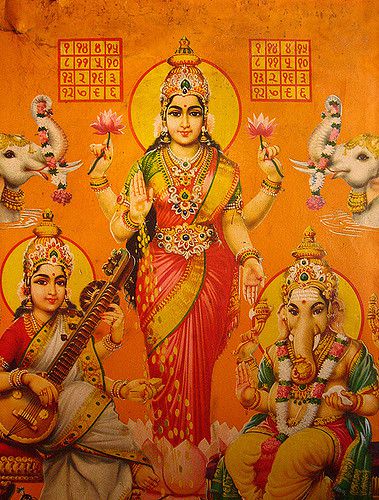The Power of the Mother: Encountering the Mother Archetype

In our culture, we have a tendency to sentimentalize “Mom”; as a result, we often minimize the power of the mother archetype.

“I love you, Mom!”
Yet, depth psychologists stress that the mother archetype is one of the very most powerful archetypes. What does that mean? Well, it amounts to this: the experience of mother almost inevitably has a profound effect on an individual’s life. In fact, the experience of the mother can be so powerful, that it can effectively determine the whole course of someone’s life.
We’ve just celebrated Mother’s Day, and I’d invite you to take a moment to reflect on the deep psychological power of Mother.
Mother: A Fundamental Experience
The relationship with the mother is usually the first relationship that a child has, and it has a fundamental impact on our relationship to self, other and world. The child’s sense of security and trust in the world, and her or his ability to relate to others and to process emotion all stem from the quality of the connection with the mother.
We also know through neuroscience research that a nurturing mother leads to an increase in size in the parts of the brain dealing with memory, increases the overall rates of brain cell production and leads to better learning and stress responses. As Dr. Joan Luby, a leading researcher at Washington University School of Medicine puts it, “It’s now clear that a caregiver’s nurturing is not only good for the development of the child… it actually changes the brain.”
The mother is central to our early experience, and to the whole way we are in the world. One of the very first forms of human religious expression to ever emerge was the symbol of the Great Mother. Whatever your particular religious convictions, this fact reveals the sheer enormity of the symbolic and psychological power of mother in human life.

Lakshmi – Hindu Mother Goddess
The Experience of Mother is Very Diverse
The experience of mother, and of particular mothers is very diverse.
Yet, it’s fair to speak about a distinction between people who have an overall positive experience of mother, and people who have an overall negative experience. For this reason, Jungians often refer to positive and negative mother complexes.
In recent years, there has been a tremendous amount of research in the area of what is called primary attachment — the connection between the primary caregiver, who is usually the mother, and the child.
Simply put, “attachment theory” holds that the capacity which an individual possesses to create emotional and physical “attachment” to another person leads to the psychological stability and security necessary for coping with risk-taking, innovating and trying new things, undergoing major life transitions and developing overall as a human personality. This capacity is not just important to children. The capacity of the adult to attach to partners and families has to do with a number of factors — but the most important is the attachment bond with the mother.
The Mother Archetype Stays Important Through Life
The mother archetype, and our relationship to it, is hugely important for our whole relationship with life. Almost everyone has a positive or negative mother complex, and that complex has particular importance for our whole relationship with and trust of others, and of life as a whole.
In /a-midlife-transition, people often start to come to terms with mother complexes that may have profoundly affected the overall course of their lives. Effective /a-midlife-transition can change the nature of attachment, relationship, and a sense of security in his or her life, and allow the individual to more fully follow their journey towards wholeness.
Brian Collinson, Registered Psychotherapist & Jungian Psychoanalyst
[cta]
